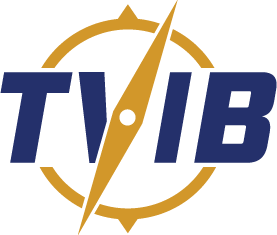01/25/2018
The Coast Guard Office of Commercial Vessel Compliance issued CG-CVC Policy Letter 18-01 Guidance On The Audit Scheme For Vessels Using A Towing Safety Management System (TSMS) Option.
The purpose of this policy letter is to provide clarification and guidance to the Towing Vessel National Center of Expertise (NCOE), Officer(s) in Charge, Marine Inspection (OCMI), Third Party Organizations (TPO), and the marine industry on the vessel audit scheme during phase-in and post phase-in periods for vessels whose owners have chosen to use the TSMS option.
Click here to download CG-CVC Policy Letter 18-01
